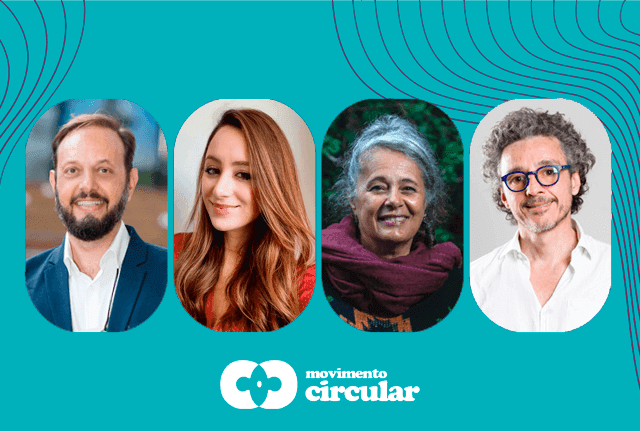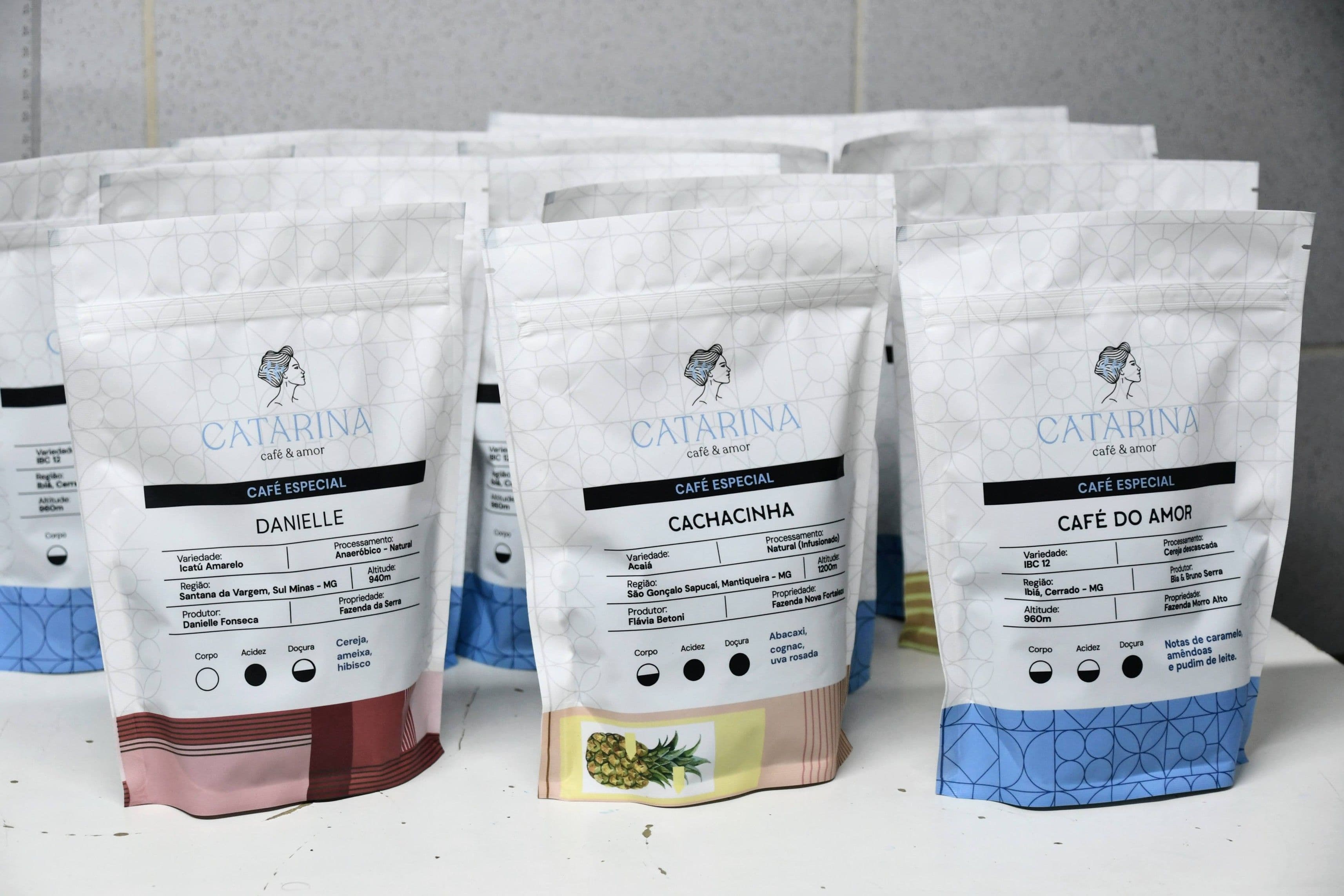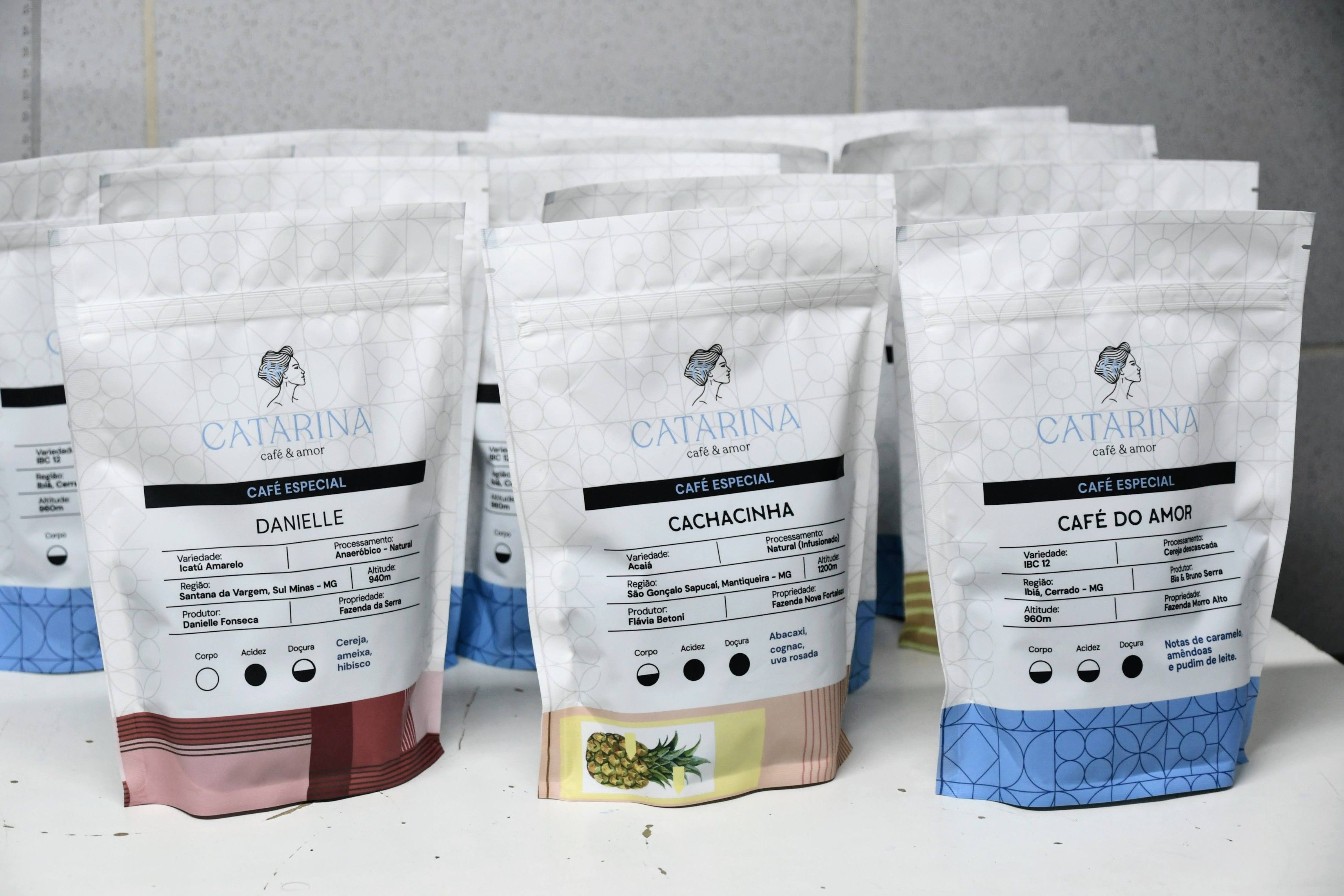
Education, the contribution of tropical countries, and inequalities set the tone for COP30
Experts from the Circular Movement highlight key topics for the upcoming UN conference in November in Belém.

Circularity as a policy for the future: why we need to go beyond recycling?
Why do we need to go beyond recycling? It's also essential to educate critical citizens who can question the current consumption model.

Brazil launches the country’s first monomaterial coffee packaging designed for recycling
Circular Movement, Dow, Valgroup, and Catarina Café e Amor join forces in a launch that blends technology and circular economy.
Want to know more about circular economy?
Online course, totally free and with certificate!
The Circular Movement and the Sustainable Development Goals (SDGs)
The Circular Economy contributes to achieving the targets associated with the Sustainable Development Goals.
The Circular Economy stimulates changes throughout the extraction, production, consumption, and disposal chain, aiming to enhance the natural resources already in circulation, support the regeneration of ecosystems, reduce waste generation, and create socioeconomic development opportunities.
In this way, the Circular Economy, directly or indirectly, contributes to achieving the targets of the 17 United Nations Sustainable Development Goals.




